Easing of EU Electric Vehicle Tariffs Opens New 'Export' Avenues for Chinese Automakers Amid Trump's Tariff Threats
![]() 04/16 2025
04/16 2025
![]() 540
540
Introduction | Lead
Recently, the European Union (EU) has shown signs of easing its tariffs on electric vehicles (EVs) produced in China. While a final decision has yet to be made, there is a strong likelihood that China and the EU will reach an agreement to replace 'additional tariffs' with a 'minimum selling price.' Should a broader free trade agreement be forged between the two, US President Trump's tariff threats could ultimately backfire on the United States.
Produced by | Heyan Yueche Studio
Written by | Zhang Dachuan
Edited by | He Zi
Total words: 2242
Estimated reading time: 4 minutes
China and the EU are poised to turn their rivalry into a friendship in the realm of electric vehicles. Reports suggest that the two parties will reach a consensus on automotive exports, allowing Chinese-origin EVs to enter Europe at a price not lower than 290,000 yuan.
A spokesperson for the European Commission recently announced that the EU and China have agreed to explore setting a 'minimum price' for Chinese-made EVs, replacing the tariffs imposed by the EU on Chinese EVs last year. Amid Trump's tariff threats, China and the EU, the world's second and third largest economies respectively, need each other to mitigate the impact of the erratic Trump administration. EVs have emerged as a potential area of cooperation for both sides. Trump's unconventional policies have not only drawn criticism domestically but also caused headaches for traditional US allies like the EU, which also seeks China's support to hedge against trade risks with the United States.
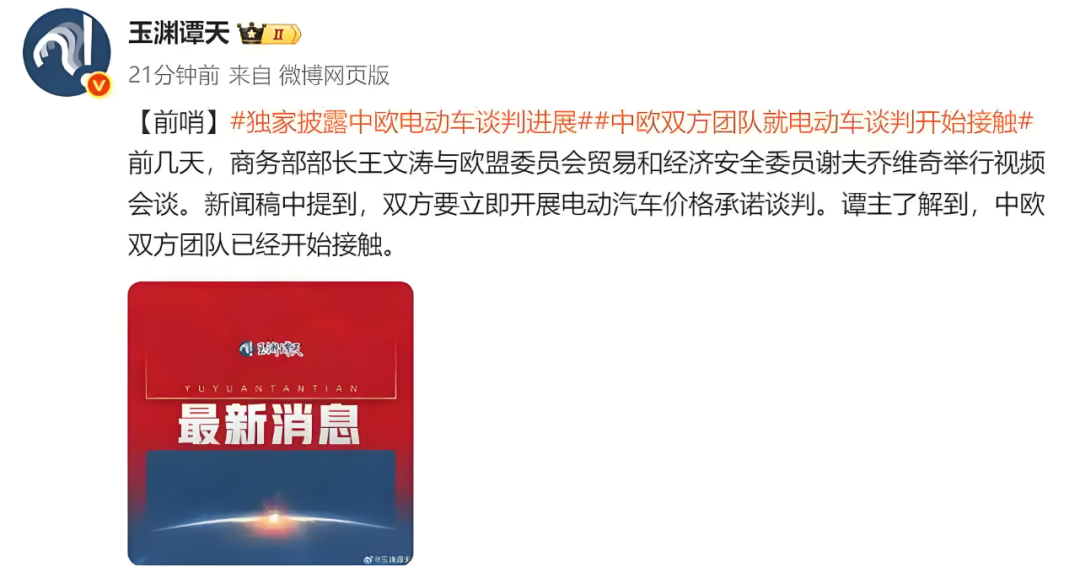
△ Negotiations have commenced between Chinese and European teams on price commitments for electric vehicles.
In July 2024, after a nearly year-long investigation, the EU decided to impose temporary anti-subsidy duties ranging from 17.4% to 37.6% on Chinese EVs. In October of the same year, EU member states formally voted to impose anti-subsidy tariffs on Chinese EVs for a period of five years. On top of the existing 10% tariff, Chinese EVs in the EU were subject to an additional anti-subsidy tariff of up to 35.3%, severely impacting Chinese EVs, which had been gaining traction in the EU market, particularly the SAIC MG brand, which saw a noticeable decline in EV sales.
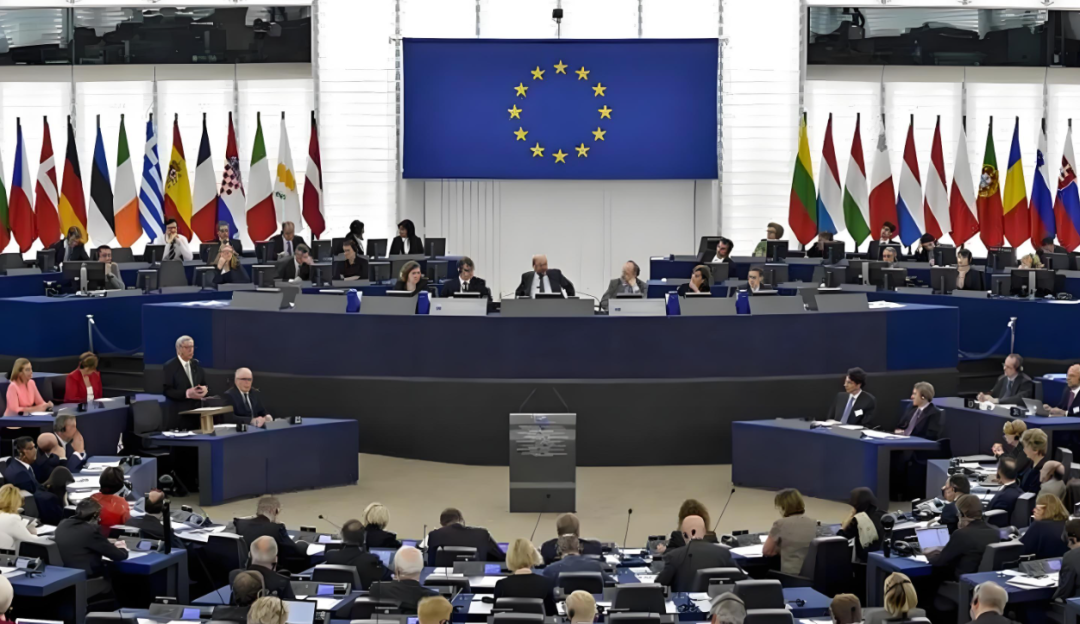
△ The tariffs imposed by the EU on Chinese electric vehicles have significantly impacted Chinese automakers.
Positive News for Chinese Electric Vehicles in Europe
Due to their technological and industrial chain advantages, Chinese EVs often offer a price edge over comparable European models. The crux of the ongoing negotiation between China and the EU is to 'set a minimum price' for EVs imported into the EU market. This trade strategy aims to 'maintain fairness in the European market while creating room for legitimate trade.' While it may seem that Chinese EVs must set a minimum price, reducing their cost-effectiveness, this is essentially a major positive for Chinese EVs, potentially increasing profit margins.
The cost of EVs in Europe is generally higher than in China, so raising prices may not be detrimental to Chinese automakers seeking to earn higher profits. The practice of domestic automakers selling cars at a loss due to overcapacity is unsustainable. Furthermore, Chinese EVs currently boast intergenerational advantages in product capabilities, be it in intelligent cockpits or autonomous driving, rivaling local European automakers. In the long run, Chinese automakers can replicate the strategy of foreign automakers in the domestic market, promoting the local production of low-margin, high-volume entry-level models in Europe while importing high-end models.
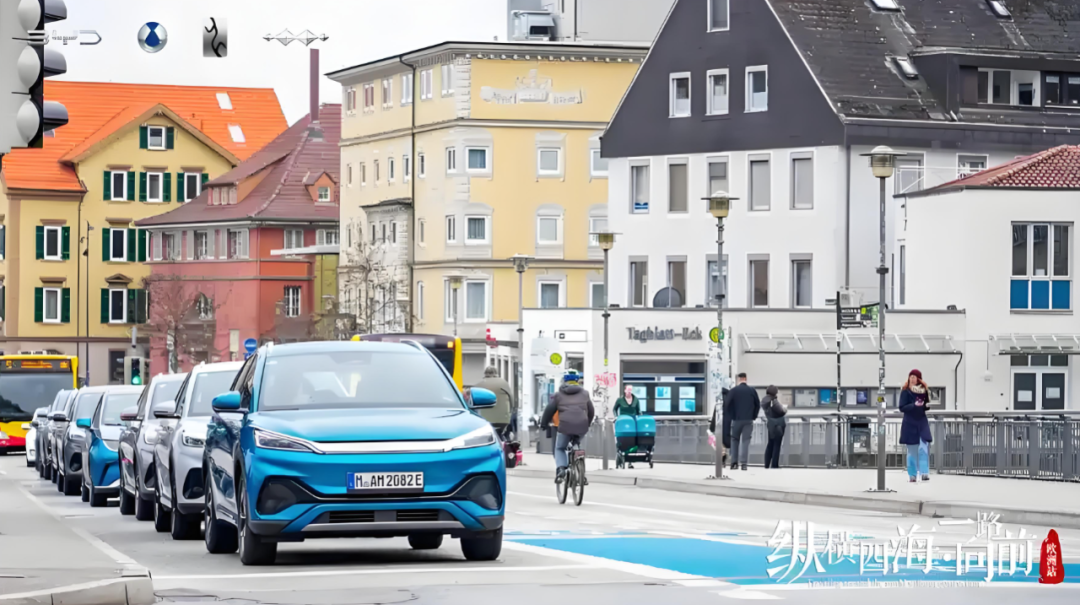
△ Chinese electric vehicles have obvious advantages in terms of product capabilities and cost-effectiveness.
Once China and the EU finalize the minimum price, it will significantly clarify the future prospects of Chinese EVs in the European market. High tariffs have varying impacts on Chinese automakers. While BYD's sales in Europe have continued to rise this year, tariffs have not had a devastating effect on leading automakers like BYD. However, other automakers such as SAIC MG have been significantly impacted and have begun gradually increasing sales of plug-in hybrid models in Europe. Therefore, if the cancellation of high punitive tariffs can be exchanged for a minimum price, it will, to a certain extent, pave the way for the export of Chinese EVs to Europe, reassuring domestic automakers. Chinese automakers can then formulate their own European strategies based on their conditions.

△ The uncertainty surrounding the development of Chinese automakers in Europe will be greatly reduced.
The EU Urgently Needs to Explore Global Markets to Mitigate US Risks
By setting a minimum price for Chinese EVs, the EU can, on the one hand, shield domestic automakers from the excessive market impact of Chinese EVs, preventing the hollowing out of the EU's automotive industry; on the other hand, the EU can also seek concessions from China in other areas.
Automobile production is a capital-intensive industry. Before sales reach a certain scale, exporting complete vehicles to Europe is the most economical choice for domestic automakers. As sales in Europe grow, domestic automakers may consider local production in the EU to maximize profits. From the EU's perspective, with a portion of Chinese EVs entering the EU market, domestic automakers will likely consider establishing local production facilities in the EU in the future. Whether it's to reduce tariffs and transportation costs, enhance brand awareness, or provide faster services to local customers, local production will bolster competitiveness. These investments will further stimulate economic vitality in the EU's local market, generating more tax revenue and job opportunities.
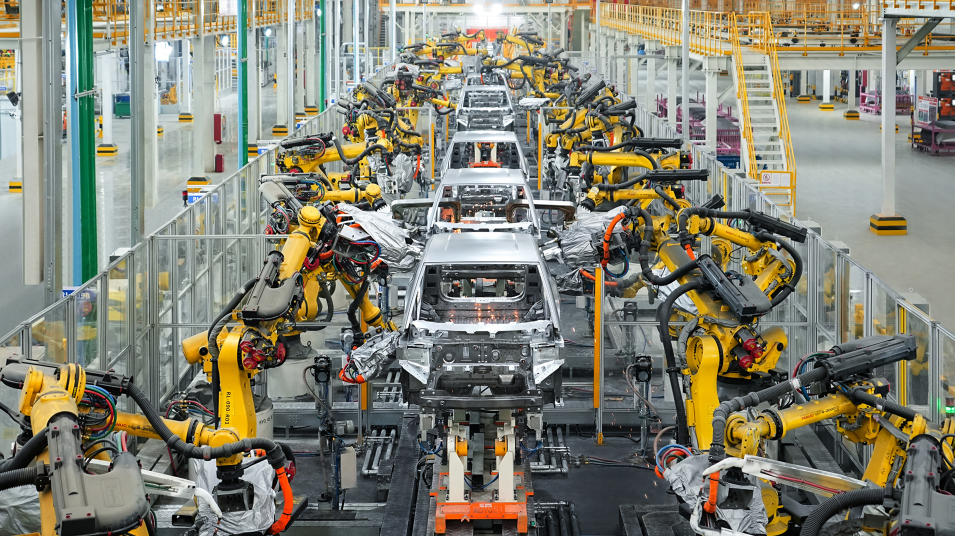
△ Some Chinese automakers will have the need to build factories in Europe in the future.
Although Trump has suspended reciprocal tariffs for 90 days, the situation beyond that period remains uncertain, and the 25% tariff on EU cars remains in place. In the eyes of Americans, European cars have become a thorn in their side. If the EU continues to engage in a tariff war with China in the automotive sector, it will certainly not serve the EU's best interests. Although Stellantis and Renault have struggled in the Chinese market, local EU automakers represented by Volkswagen and BBA still consider China a vital overseas market. Moreover, a significant number of European local parts enterprises have substantial interests in the Chinese market. After all, China is the world's largest automotive market and one that most multinational automakers find hard to abandon.
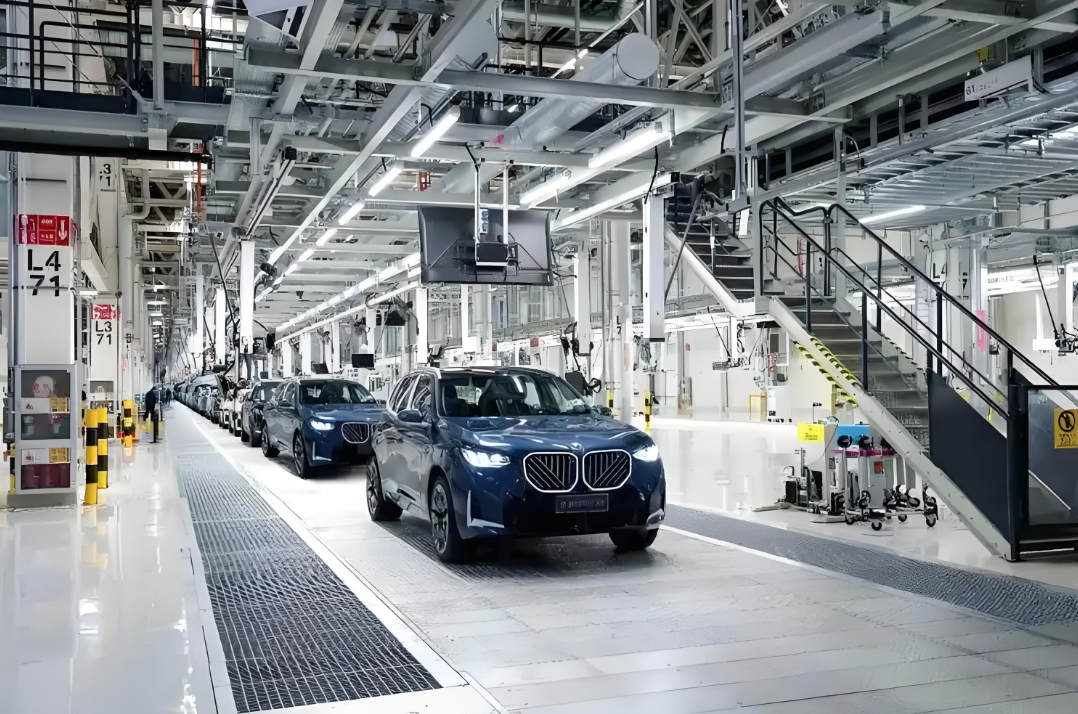
△ The interests of European automakers in China remain substantial.
Cooperation between Chinese and European automakers is expected to deepen further. For instance, while Renault's sales in China are lackluster, its low-cost EV Spring, utilizing Chinese technology and supply chains, helped Renault become a mainstream EV enterprise in Europe before the imposition of tariffs. Volkswagen has successively invested in Xiaopeng and Horizon Robotics, addressing its shortcomings in the pure electric platform and intelligent driving chip fields. As for Volvo Cars' newly appointed global CEO, he emphasized the synergy with Geely, and more models and technologies developed by Geely, like the EX30, are expected to be implemented in Volvo Cars in the future. With the support of domestic technology, European automakers will also gain more confidence to compete with Japanese and Korean automakers on the global stage.

△ The prospects for cooperation between China and Europe in cutting-edge technologies for smart electric vehicles are extensive.
Commentary
Misfortune may turn out to be a blessing in disguise. Without Trump's indiscriminate use of tariff threats, it would have been difficult for China and the EU to reconcile in the field of electric vehicles. By breaking the ice on EV tariffs, China-EU economic and trade relations may further open up. As long as China and the EU can deepen bilateral trade relations, the impact of US tariffs will no longer shake their respective economic and trade foundations. For Chinese automakers, once the China-EU negotiations lead to the cancellation of high anti-subsidy tariffs, it will be a golden opportunity to further expand the EU market.
(This article is originally created by "Heyan Yueche" and cannot be reproduced without authorization)








